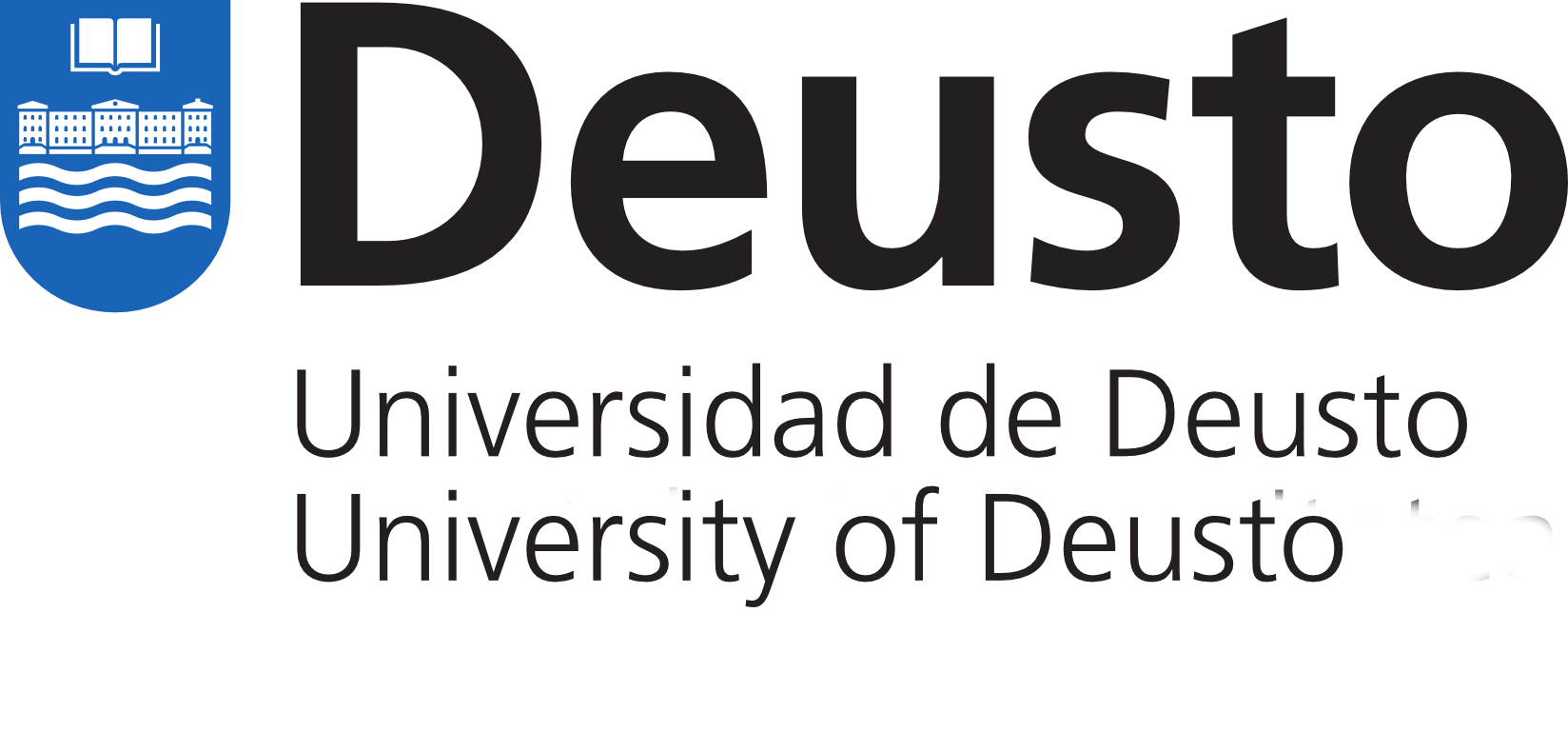Thematic specialisation: Protection in humanitarian action
The goal of the orientation at the University of Deusto is to provide students with the appropriate tools of analysis and intervention to respond to the growing needs of protection in humanitarian action. It offers an informed and practice oriented approach to the main challenges, current discussions and key issues around humanitarian protection.
Humanitarian Action and Peacebuilding (5 ECTS)
The course structures on two main parts: the first one analyzes the evolution of peacebuilding, its main trends, theoretical approaches and current debates, challenges and linkages with humanitarian action. In the second part, emphasis will be given to humanitarian issues that arise in peacebuilding processes focusing on protection of civilians. Through case studies, issues like access to humanitarian assistance, humanitarian negotiation, civil-military cooperation and special attention to vulnerable groups such as refugees or internal displaced people, will be analyzed
New trends and legal responses in peacebuilding (5 ECTS)
The main objective of the course is gaining understanding of the new trends and responses to conflicts and human rights violations, under the International Law approaches, both normative and socio-historic. The aim of the analysis will be identifying the complexity and legal challenges arising in these contexts with the goal of understaning the legal tools for human rights protection in peacebuilding operations.
Design strategies and protection programs in humanitarian action (5 ECTS)
The objective of the module is that students have a comprehensive view of the current challenges in the emerging field of humanitarian protection, as well as a practical approach to how to design and implement humanitarian protection programmes.
Strategic management of humanitarian action (5 ECTS)
The objective of the module is that students develop an in-depth understanding of the strategic management of humanitarian projects, focusing on strategic planning, evaluation and quality management, and human resources management.
Ethical management of humanitarian organizations (5 ECTS)
This course aims to help students to: 1) asses the ethical dimension of Humanitarian Action from a practical approach based on normative frameworks and humanitarian principles; 2) place this ethical dimension within the management framework of humanitarian organizations, identifying their social function and ethical criteria that impact on their internal management and stakeholders engagement; 3) emphasize on key issues such as transparency, accountability, efficiency, volunteer management, networking, donations.
Introduction to applied research (5 ECTS)
The course is an introduction to social research methodology, with the goal of providing students the capacities to analyze and synthesize when drafting the master thesis and also when applying scientific method to project design and management.
Language of instruction: English















